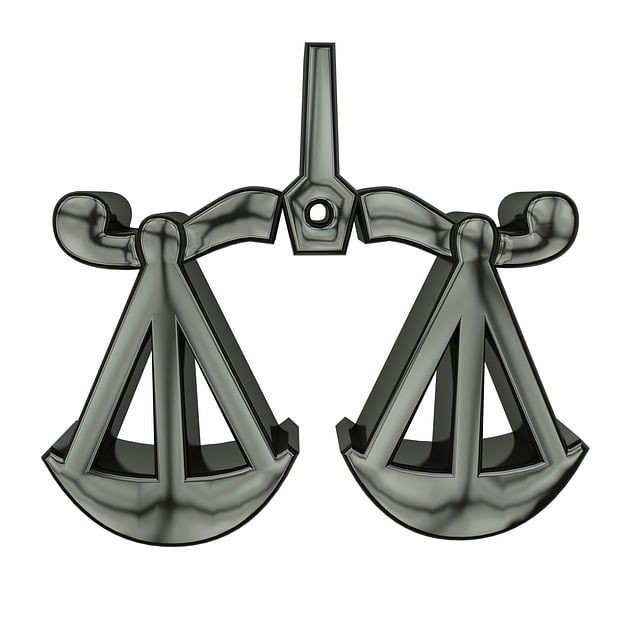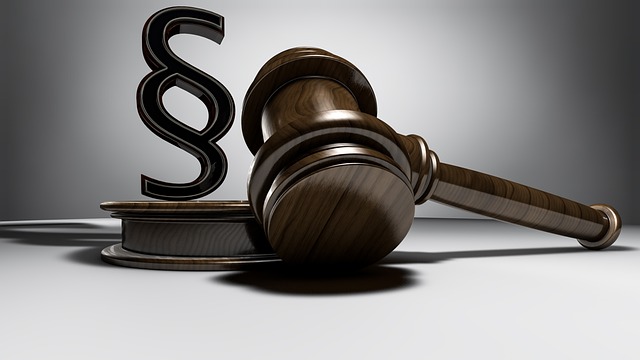Whistleblower protection laws shield individuals who expose illegal or unethical activities, providing resources and rights against powerful entities. To maximize success and avoid indictment, whistleblowers should adopt strategic self-defense tactics including meticulous record-keeping, detailed communication, prompt reporting of violations, and engagement with specialized legal counsel early on. These practices empower them to navigate complex legal landscapes, defend their actions in court, and win challenging defense verdicts, ensuring their rights are protected while strengthening their position.
“Uncovering wrongdoings can be a risky endeavor, but whistleblower protection laws offer a safety net for those who expose criminal activities. This comprehensive guide delves into the intricacies of whistleblower lawsuits, empowering individuals with knowledge and resources.
We explore ‘Understanding Whistleblower Protection Laws’ to unravel rights and available support. Additionally, ‘Navigating the Legal Process’ provides best practices for a successful case. For self-preservation, ‘Self-Defense Strategies’ presents vital tactics to counter potential retaliation post-whistleblowing, ensuring individuals can stand strong as they fight for justice.”
- Understanding Whistleblower Protection Laws: Rights and Resources
- Navigating the Legal Process: Best Practices for Whistleblower Cases
- Self-Defense Strategies: Protecting Yourself from Retaliation Post-Whistleblowing
Understanding Whistleblower Protection Laws: Rights and Resources

Whistleblower protection laws are designed to safeguard individuals who expose illegal or unethical activities within their organizations. These laws empower whistleblowers with rights and resources, enabling them to stand up against powerful entities. Understanding these protections is crucial for those considering coming forward with valuable information that could impact public interest.
Knowing the best self-defense tactics in criminal cases is essential for whistleblowers navigating general criminal defense strategies. Across the country, philanthropic and political communities have championed whistleblower protection laws, ensuring individuals are not silenced or retaliated against for their actions. These laws provide a framework for seeking justice, offering legal remedies for those who risk personal safety to expose wrongdoing.
Navigating the Legal Process: Best Practices for Whistleblower Cases

Navigating the legal process in whistleblower protection lawsuits requires a strategic approach. Whistleblowers must understand that their best self-defense tactics involve proactive measures throughout all stages of the investigative and enforcement process. Early engagement with experienced legal counsel is crucial to ensure proper documentation, timely disclosures, and adherence to applicable laws and regulations.
A well-prepared strategy can lead to favorable outcomes, including avoiding indictment or securing a complete dismissal of all charges. Key best practices include meticulous record-keeping, maintaining detailed communications, and promptly reporting any potential violations. By employing these tactics, whistleblowers can strengthen their position, protect their rights, and maximize the chances of success in their cases.
Self-Defense Strategies: Protecting Yourself from Retaliation Post-Whistleblowing

When whistleblowers come forward with sensitive information, they often face retaliation from those whose actions they expose. To mitigate this risk and protect themselves, whistleblowers must employ robust self-defense strategies throughout all stages of the investigative and enforcement process. One of the best self-defense tactics in criminal cases involves meticulously documenting every interaction related to their disclosures, including communications with authorities, colleagues, and individuals who might have information relevant to the case.
Additionally, maintaining a strong support network can significantly enhance a whistleblower’s ability to withstand potential retaliation. This includes seeking legal counsel from experienced attorneys specializing in whistleblower protection lawsuits. By understanding their rights and available defenses, whistleblowers can navigate the complexities of jury trials and present compelling arguments for winning challenging defense verdicts. These proactive measures not only safeguard against retaliation but also strengthen the whistleblower’s position should they need to defend themselves in court.
Whistleblower protection lawsuits are a crucial mechanism for holding entities accountable and ensuring public safety. By understanding your rights, navigating the legal process effectively, and employing best self-defense tactics in criminal cases, whistleblowers can protect themselves from retaliation while pursuing justice. Remember that knowledge is power; armed with the right resources and strategies, individuals can make a significant impact by standing up for what’s right.






